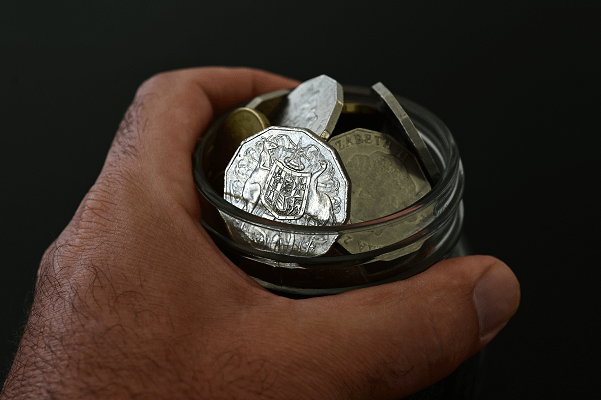As Morrissey woefully sang, ‘Stop me if you think you’ve heard this one before’. Investors are getting sick of hearing about inflation, interest rates and falling stock markets. While that tune is still playing loudly, some of the pains we’ve seen over the past year are starting to fade
Danni Hewson, financial analyst at AJ Bell, said: “Commodity prices are easing back, implying input cost pressure will relax slightly. Shipping rates are also starting to fall, albeit due to softening demand.
“Although it will take time for these factors to feed through into the system, the end of sky-high inflation could be in sight. It will hopefully soon be time to change the record, but for now, The Smiths’ song looks like it is stuck on repeat for just a bit longer.
“Some businesses are still coping well under the current pressures and posting reassuring updates. Dr Martens says it remains on track, having pushed up prices, seen its third-party factories return to higher capacity levels after Covid disruption, and enjoyed improved shipping lead times. Stability should be applauded by investors, but this doesn’t seem enough as the shoemaker’s shares dipped on the news.
“SSP did its best to fly the flag and say its prospects were improving. It is still prone to disruption in the travel sector, but current year sales guidance is now at the upper end of its previous range. But again, investors didn’t like the news, preferring to focus on the negatives, including foreign exchange headwinds and a steer that inflationary pressures won’t let up until at least next year.
“European telecoms group Ericsson was a flop after missing operating profit forecasts due to cost pressures. Its shares dived nearly 11%, raising the prospect that many other second quarter results in the coming weeks may include similar tales of woe.
“Gambling technology firm Playtech has been ditched at the altar more times than investors care to remember. TTB is the latest party to flirt with a takeover but then walk away at the last minute, causing Playtech shares to crash by 18%.”

